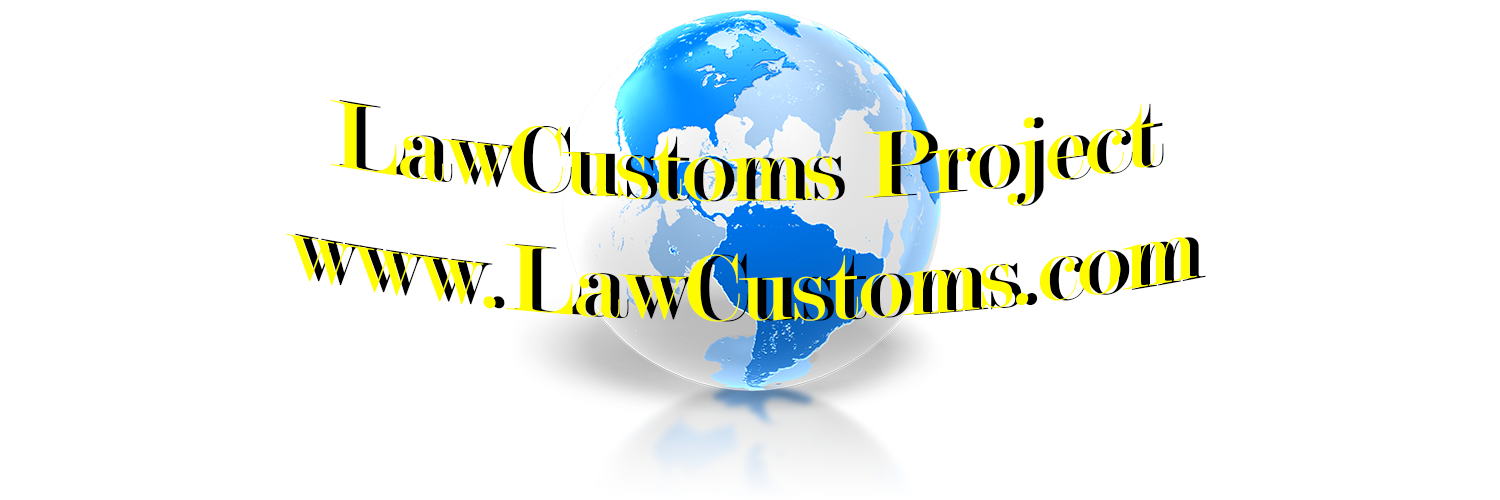BIS updated “Freight Forwarder Guidance” material on its website. The text carries vagueness about circumstances when the “agent” (i.e. freight forwarder) may get into trouble when it takes upon itself the task of Export Control Classification Number (ECCN) determination. According to the guidance: “Agents should avoid making commodity classifications for which it lacks technical expertise, and should obtain support documentation for ECCNs and other material.” The phrase is self-defeating because almost all agents would lack “technical expertise” for majority of the items on EAR. One would have to be a software engineer specializing in encryption to correctly advise specifics of EAR Category 5, for example, while at the same time possessing “technical expertise.” On the other hand, guidance says as long as the PPI provides agent with sufficient technical information for ECCN, and agent relies on it in “good faith,” it is protected from liability in case something goes wrong. So, the key words are “sufficient technical information,” and forwarder’s “good faith reliance” on it. While BIS does not go into details about “good faith reliance,” it gives an example of bad faith reliance: “…the careless use of pre-printed ‘No License Required’ forms or unsupported entries can get an agent into trouble.”
Freight Forwarder Guidance Update from BIS
2 Comments
Comments are closed.

This is a good article. Complying with multiple government regulations and determining Export Control Classification Numbers (ECCN) can be a difficult task for freight forwarders. During the export process it is important to validate ECN/ECCN as well as determine if products being exported require a license. Automating this process will not only increase compliance but also decrease the amount of time and money freight forwarders are spending.
It is really informative. I just want to add one thing that there are various online service providers such as http://www.blackhawklogistics.com that offer exclusive services in Charlestion SC.
freight forwarder Charleston.